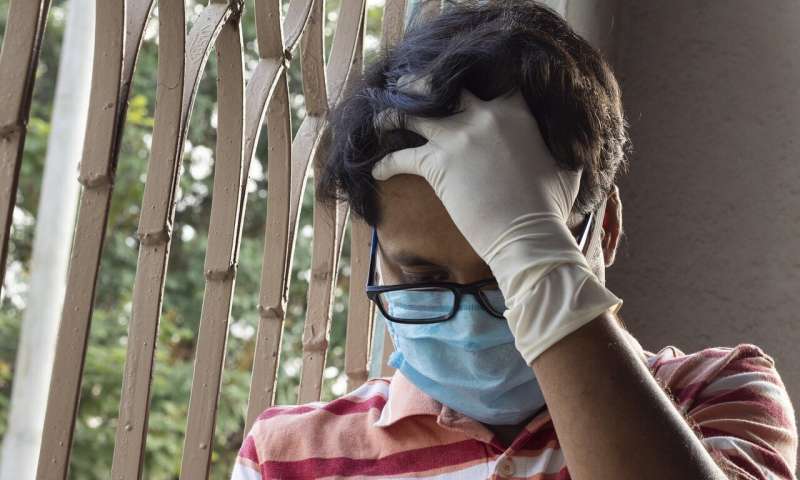

Proposals made by the government as part of Operation Moonshot could do more harm than good, a group of UK experts have argued in a new article published today by the BMJ.
Polymerase chain reaction (PCR) swab testing is a useful method of detecting SARS-CoV-2 virus in symptomatic patients but it is not without its limitations. PCR is not a test of infectiousness but instead detects trace amounts of viral genome sequence, which may be either live transmissible virus or fragments from previous infection. This means that when people with symptoms or recent exposure receive a positive PCR result, they will likely be infectious, however a positive result in someone who is asymptomatic, or with no known exposure could stem from a live or dead virus and so, does not determine infectiousness or transmission risk.
The idea of Moonshot is to frequently use new point-of-care tests across the whole population to detect asymptomatic disease. The Moonshot proposals are based on a computer model and not a real study. Whilst it has been reported that the model shows that “less accurate” tests are suitable for use in mass screening, this is not true. This publication points out that the model used assumes that tests used in Moonshot are very accurate at detecting only those who have infectious COVID-19, and are thus better than PCR.
Such tests do not yet exist, and experts argue that identifying the truly infectious and therefore those who must isolate, is not straightforward. As we have no gold standard way of telling infectious from non-infectious COVID-19, currently it is not even possible to see how well any new tests works at identifying infectious COVID-19.
Source: Read Full Article